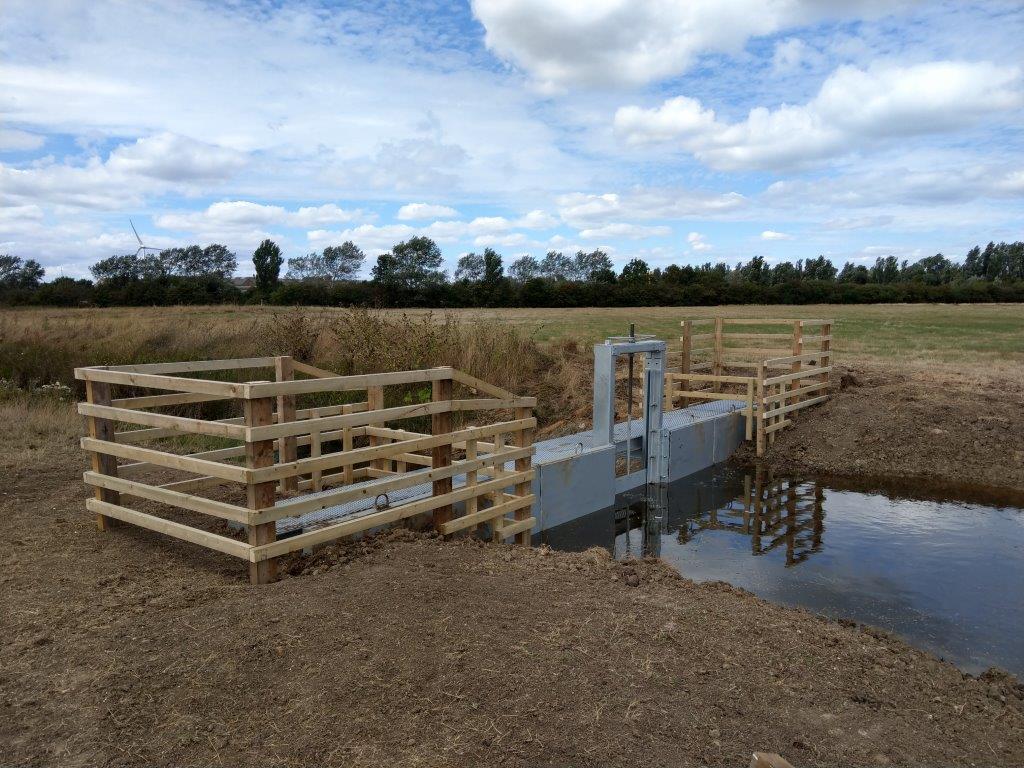The Borough of Swale is vulnerable to the effects of sea level rise, flood risk, erosion and habitat fragmentation caused by climate change. Meeting the challenge of climate change is most prevalent on the Isle of Sheppey, where much of the island is low-lying marshland with large parts of its existing urban areas at or below sea level. Swale Borough Council’s 2017 Local Plan(1) highlights that the sustainable management of Sheppey is critical so that these crucial wetland habitats can continue to be created in the face of the long-term changes that threaten them.
The project was delivered on low quality agricultural land on the island which required extensive planning and assessment to attempt to install significant renewable energy infrastructure, whilst leaving an enhanced site for generations to come. The Project team fundamentally believed that, in order to demonstrate true sustainability (not just promises), a project must show evidence of success and benefit. Following the projects completion, the island is now leading the green charge with all of Sheppey’s domestic power needs being met by renewable energy – a significant achievement, and the project further benefits the area through provision of a substantial area of new wildlife habitat.

